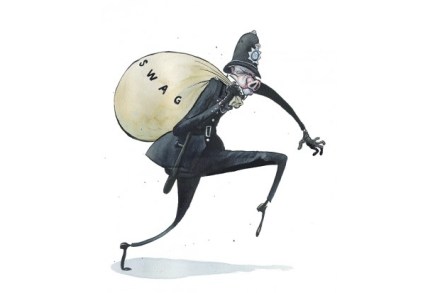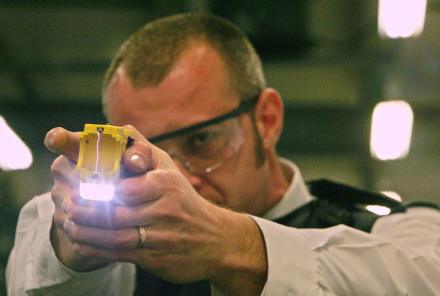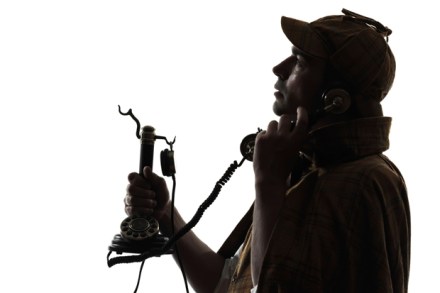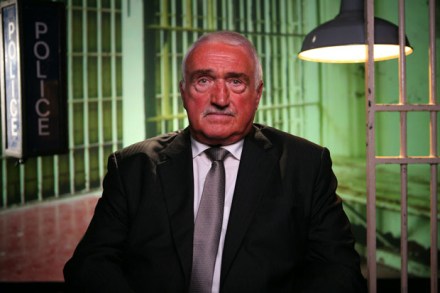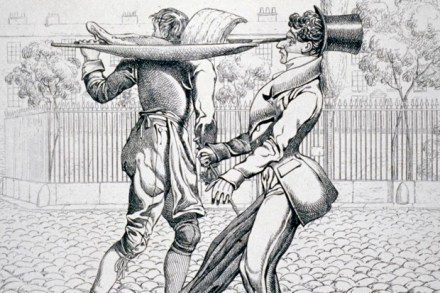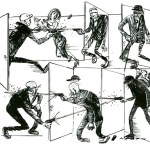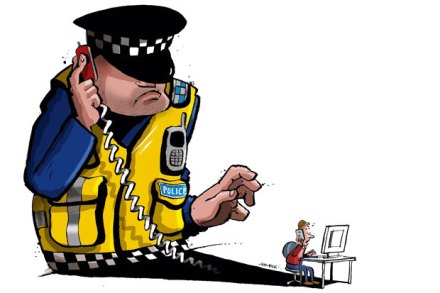How (not) to poison a dog
Deadly to dogs An Irish setter was allegedly poisoned at Crufts, using beef containing slug pellets. Some other substances with which dog-show rivals could poison your pooch: — Chocolate contains theobromine, a stimulant which dogs cannot metabolise, and which causes the heart to race. It takes just 1 oz per pound of body weight of milk chocolate and a third of an ounce per pound of body weight of dark chocolate to kill a dog. — Grapes and raisins can cause kidney failure in two thirds of dogs. The link was discovered by America’s Animal Poison Control Center in 2004 after the fruit was linked to the deaths of 140 animals in one year,


